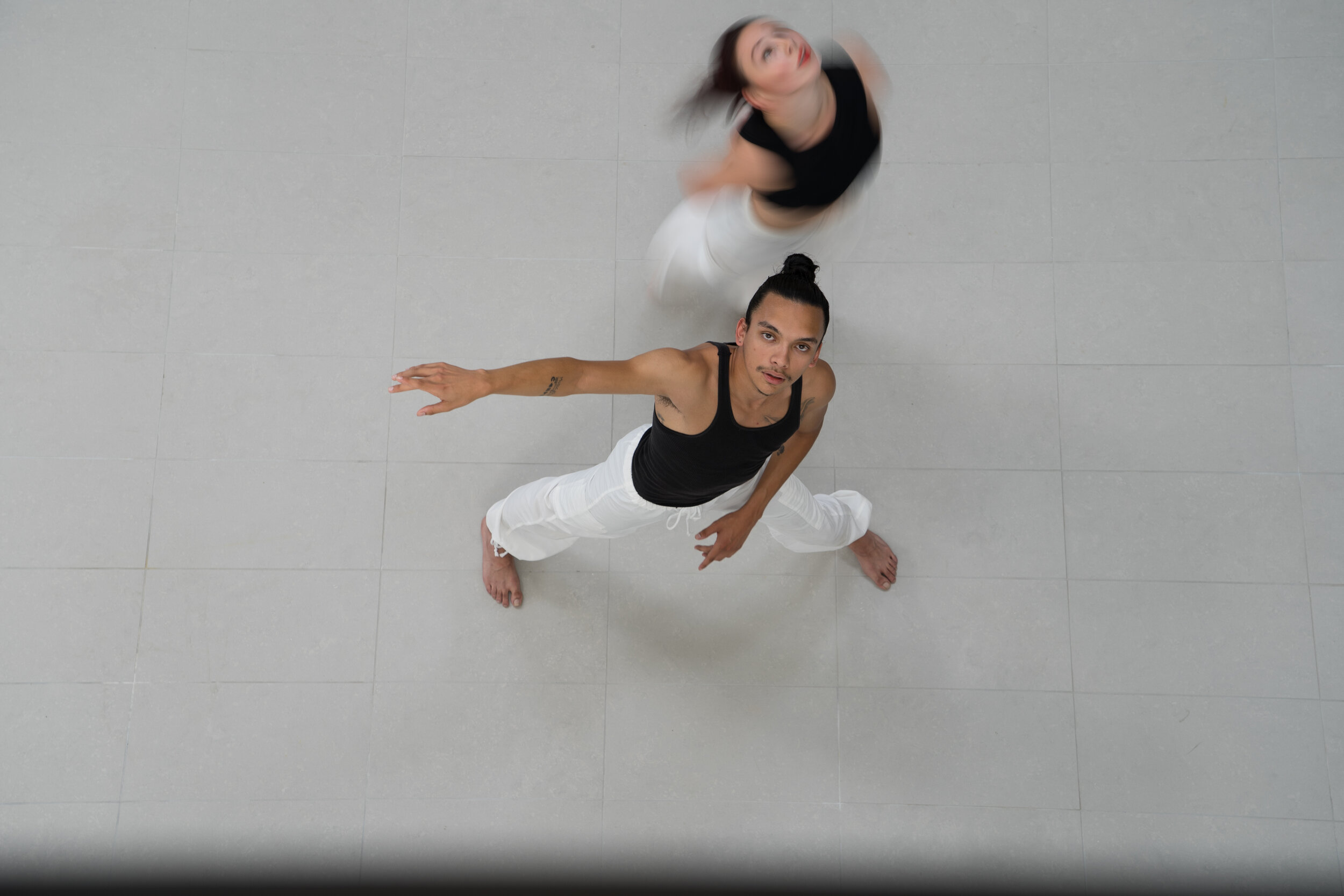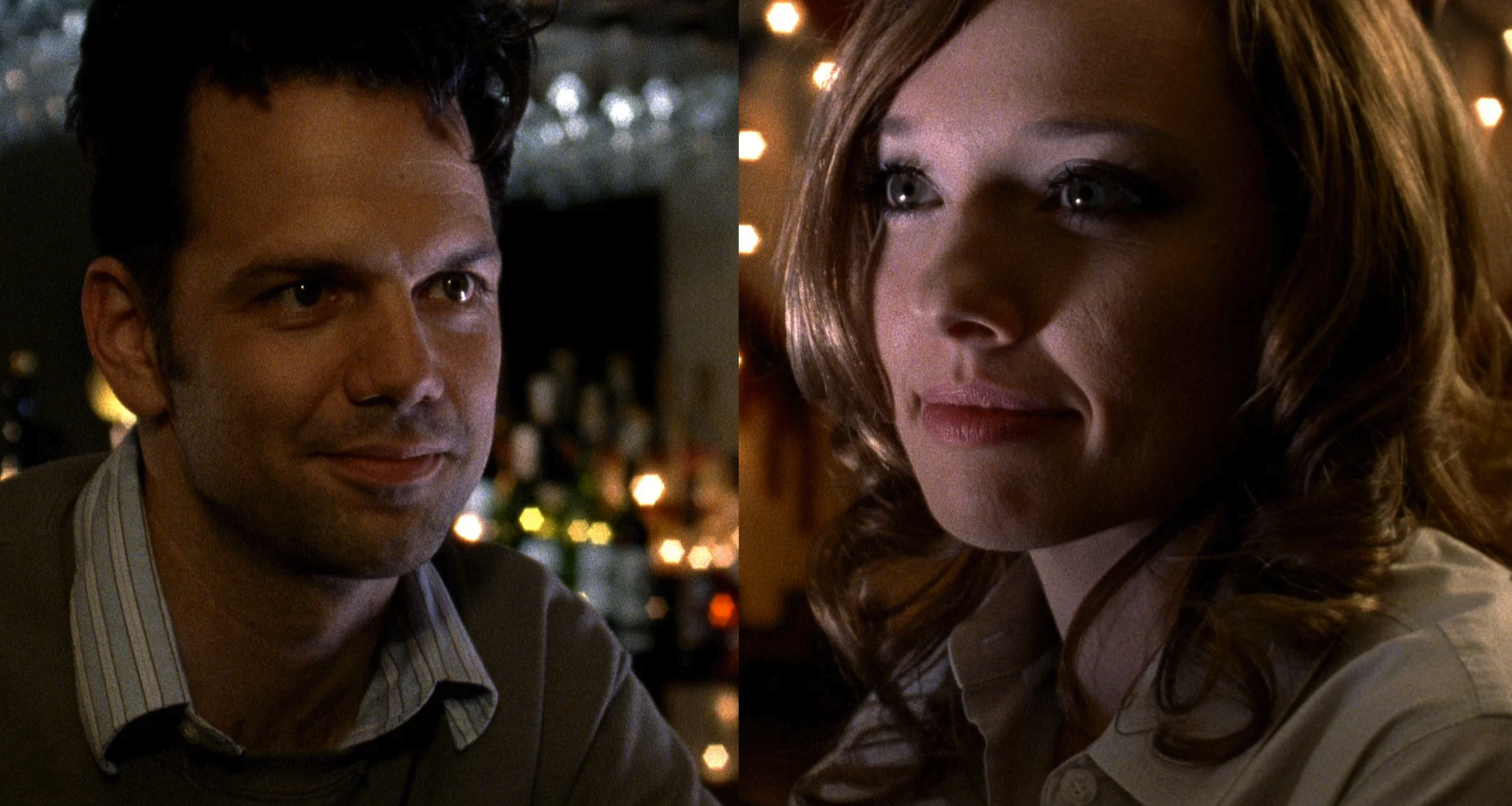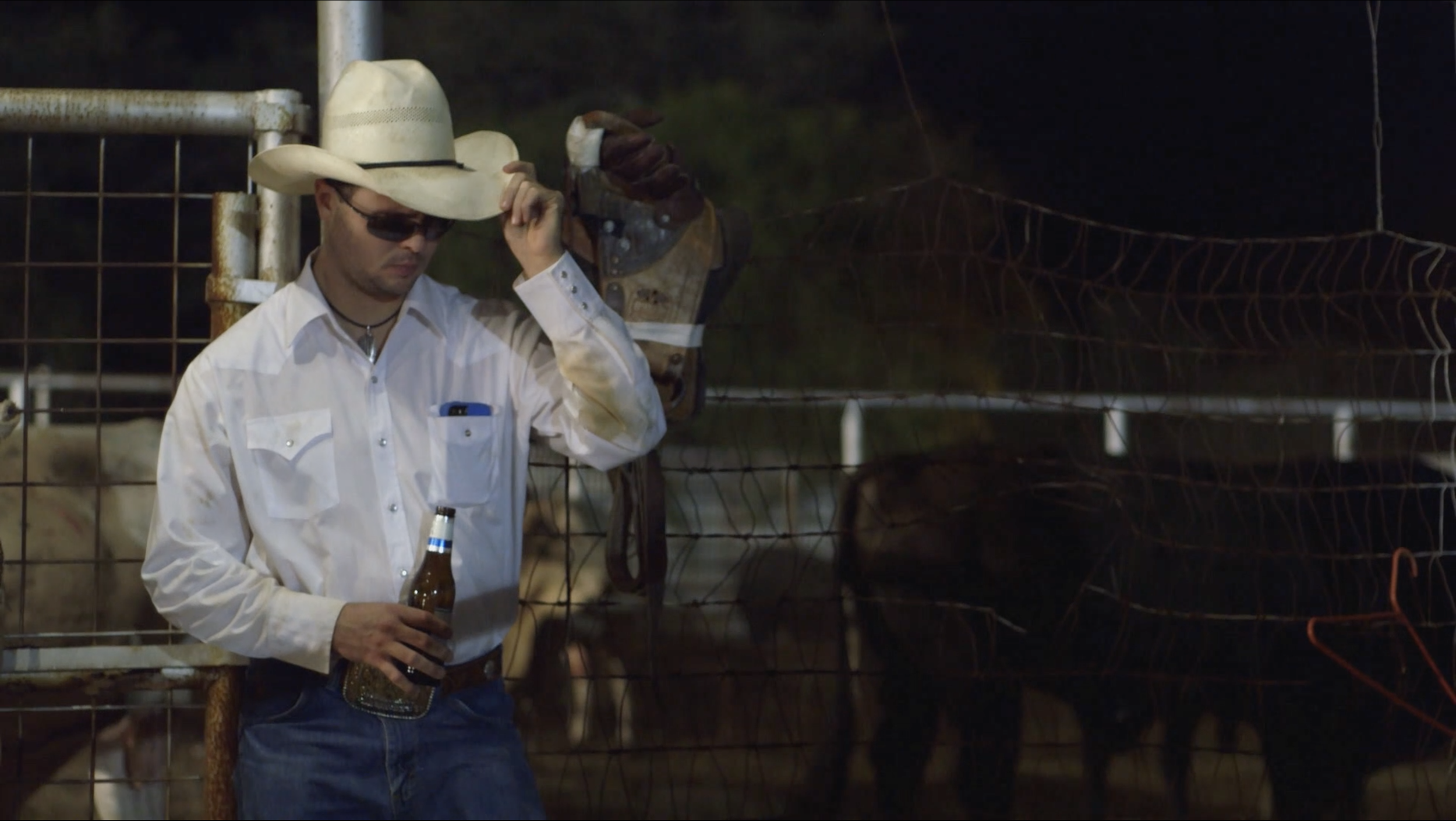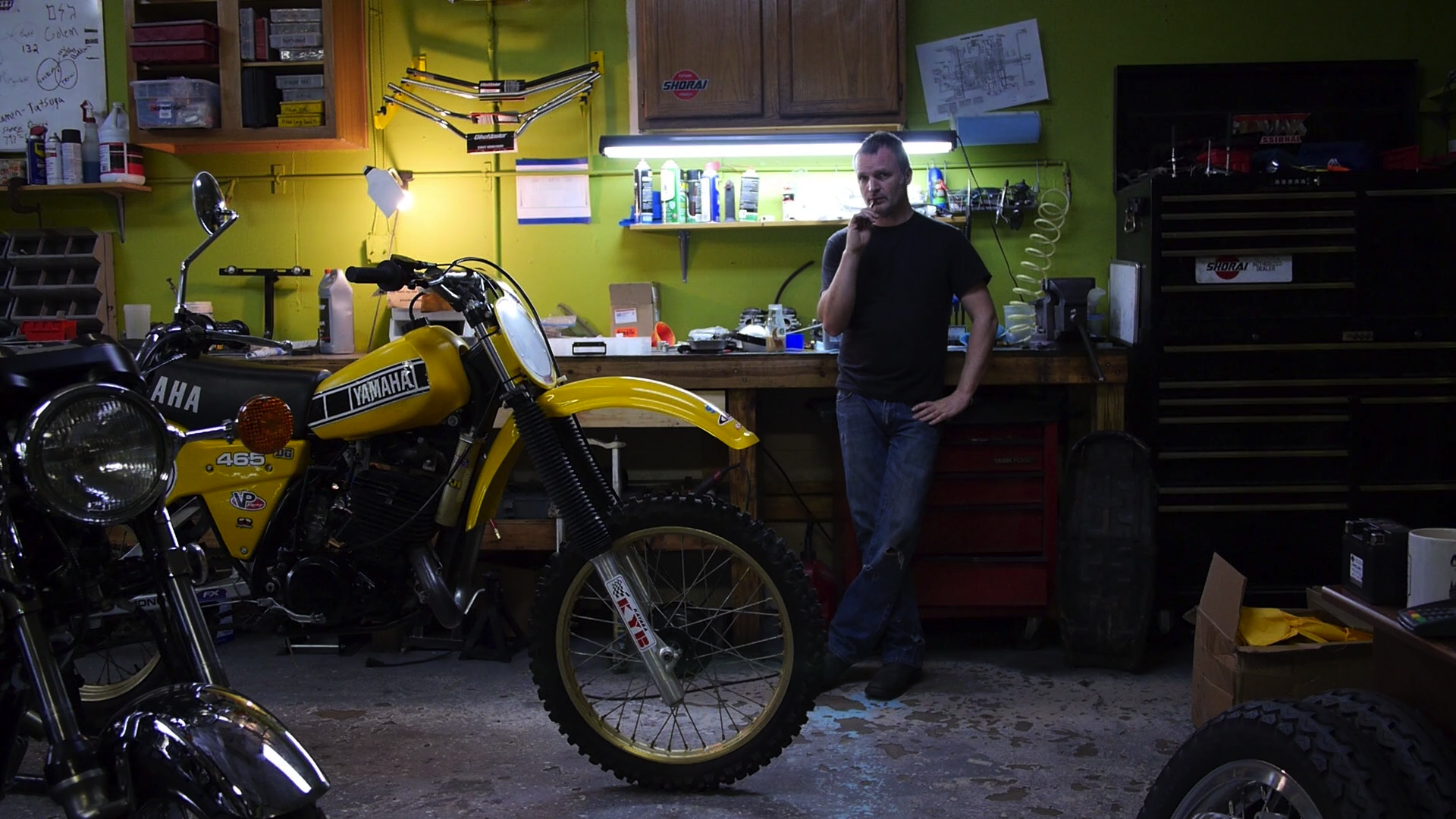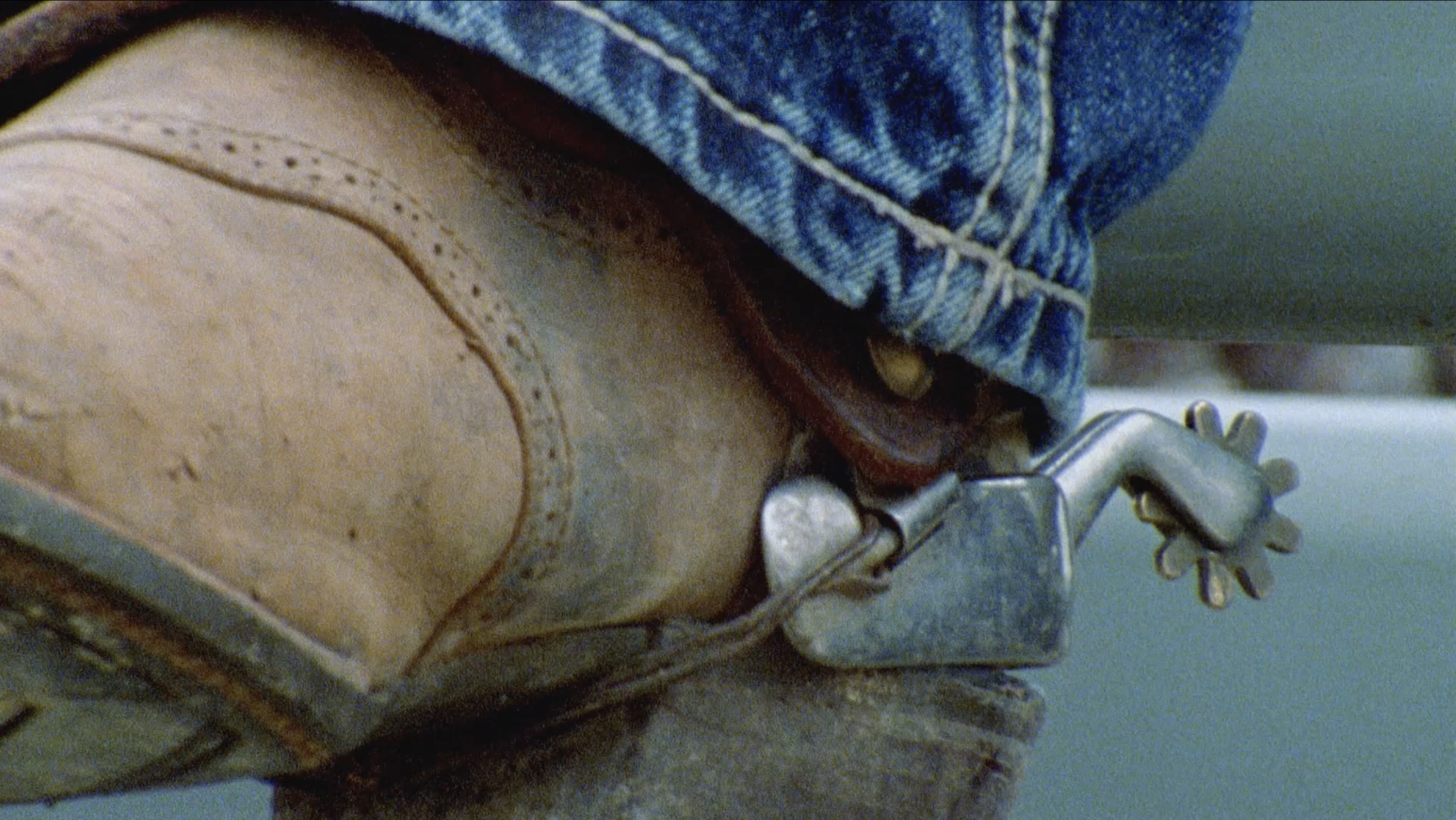TJ Martinez
Born in West Texas and raised in New Mexico, TJ is a native of the High Plains. His love of storytelling drew him to filmmaking. He has made both documentary and narrative films and enjoys the challenges and rewards of each. His films have screened at multiple conferences and festivals, including the American Folklore Society Conference and SXSW Film Festival. TJ holds an M.F.A. in Film Production from the University of Texas-Austin.
TJ is an Assistant Professor of Practice at the College of Media and Communication at Texas Tech University.
I have known TJ Martinez for close to three years and we have collaborated on several projects while I have been at Texas Tech University. He is now working on the NOW-ID film project I-MIGRANT, which will be shot at Stubb’s Memorial Park in downtown Lubbock, amongst other places. The film will be released late April.
Charlotte Boye-Christensen
Tell us a little bit about your background: Where are you from and how did you end up in West Texas?
I’m originally from northeastern New Mexico, a region that is very close geographically and culturally to West Texas, so I am very used to the pace of life in West Texas.
I landed here after I finished my MFA if filmmaking at UT-Austin and entered the academic job market. I felt good about the folks at Texas Tech and this place felt ripe for creative opportunity, and thus began the current chapter in my life.
When did you know that you wanted to work as an artist and how did you choose you preferred medium?
Growing up in rural New Mexico, my days mostly consisted of schoolwork and ranch work on my family’s ranch. I always had an active imagination and would find myself letting my mind fantasize and get lost in the stories I saw in the movies. I would watch any VHS movie I could get my hands on and was mesmerized by all the different worlds that could be created. Eventually I began to gain a fascination with that creation process and began to read about and study filmmaking. I didn’t know how I would be a part of that world, but I knew I wanted to.
You are such a prolific artist: doing film as well as photography, which format do you prefer and why?
My first love is film. It’s what I fell in love with first and photography came later. The two are closely related in some ways yet very different in others. At the end of the day, I suppose I have a fascination with all the moving parts that go into making a film.
Photos taken by TJ Martinez of our dance students at Texas Tech University
Can you talk a little bit about your creative process, where do you look for inspiration?
Inspiration can come from anywhere, and I’ve found inspiration from a number of sources. I think what’s more important than where you get an idea, though, is the discipline to develop that idea. Ideas come and go, but if a good one comes along, that’s worth our attention and effort, it’s our responsibility to develop it, flesh it out, and execute it, or else that idea will never be realized and brought about into the world.
Who are some of the people who have inspired you in your work and why?
I work mostly in documentary film and I have been very inspired by some of the subjects in my films. People like Mac, the cowboy in my film All Around who lost his eyesight in a tragic accident but didn’t let that keep him from doing what he loves, riding broncs in the rodeo.
What do you consider to be some of the highlights in your career so far?
Making the film just mentioned, All Around, was definitely a highlight. It was challenging to figure out the best way to tell that story, but it was an incredibly rewarding creative process, as well as a collaborative one with my cinematographer and editor. That film has been very well received by many people and has won awards and screened at several festivals, including South by Southwest.
You work as a Professor of Practice at Texas Tech University, has teaching in any way helped you define your own creative voice? And what makes a good teacher of film?
I don’t know that it has helped me define my creative voice, but it has definitely helped me gain a deeper understanding of my craft. Being a teacher forces you to articulate as best you can the processes and techniques of what you do. When you’re forced to explain something, you understand it better. I think a good teacher in film is someone who can articulate those processes. A good teacher is also someone who understands what is objectively a good or bad choice by a student versus what is a matter of taste, and then knowing when and how to speak up about it.
Who do you consider to be three of the most significant artists in the world (living or dead)?
Three that have been very significant to me are Martin Scorcese, Jane Fonda, and Bruce Springsteen.
Looking towards the future, where do you see yourself as being in 25 years?
On my family’s ranch in New Mexico, drinking my coffee on the front porch in the morning as I watch the sun rise, and in that same spot sipping whiskey in the evening as I watch it set, a full day of hard work in the sun in between.


